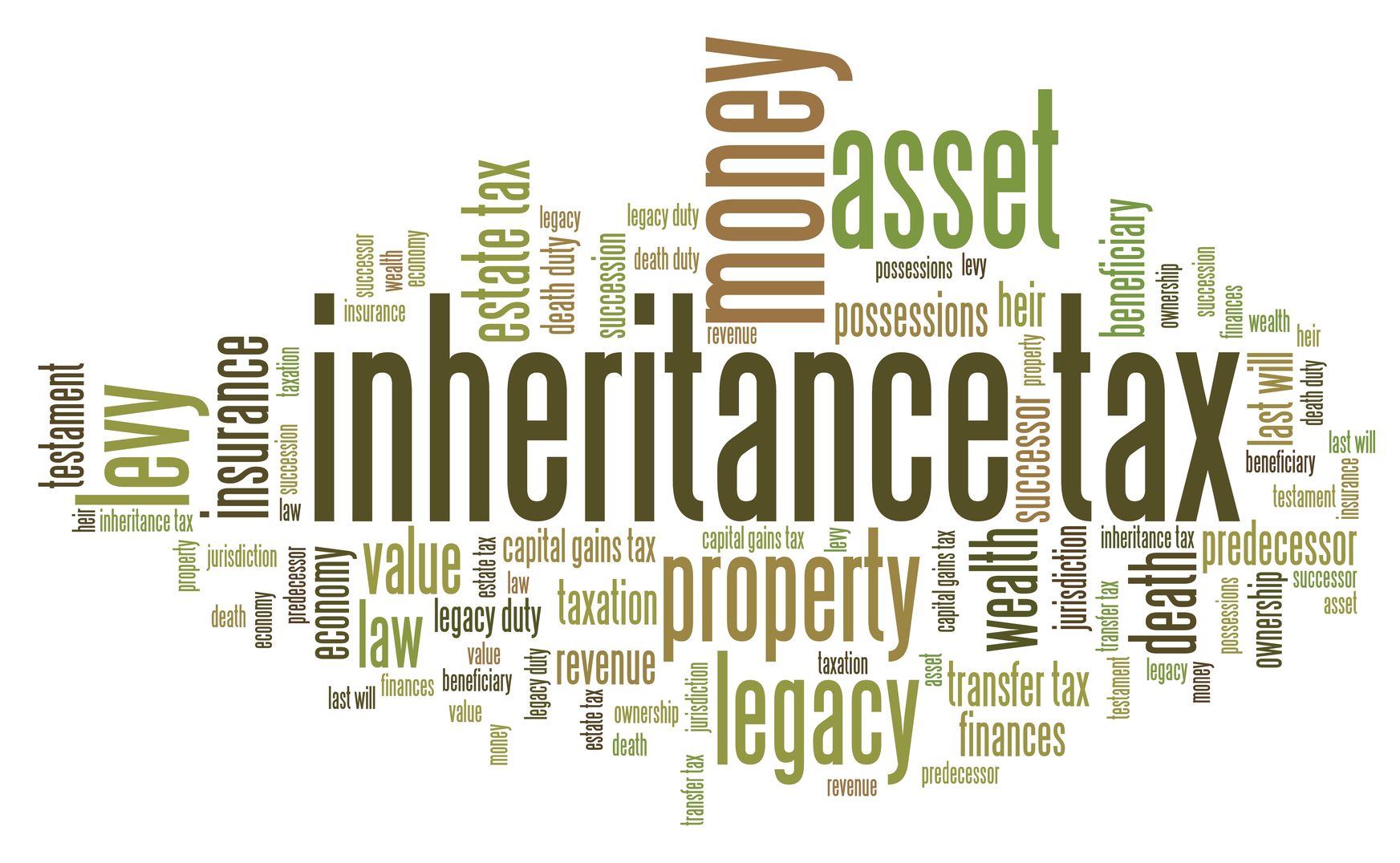
Digital Legacy
Digital legacy – a three step plan
We spend most of our lives managing our assets and providing security for our families and our old age. Usually this means considering the unexpected and being well organised so that, if/when the unexpected does happen, the impact is reduced or avoided. Around 60% of the UK population do not have a Will – in some areas of the UK this rises to over 70% (survey unbiased.co.uk) – even those who do have a Will rarely consider their ‘digital legacy’.
Most of us have mixed views about computers and what happens at the end of our broadband connection. Realising just what personal information is involved is very important, assuming you want to preserve treasured family photographs and access to financial information. Having been encouraged to use ‘Cloud based storage systems, our personal information is stored hundreds or thousands of miles away. Good computer advice is essential together with a good ‘local backup’ to hold all of your “treasures”. We recommend the following three steps to ensure your digital legacy does not lead to a digital loss.
1: List your digital assets and authorities
The very first thing you need to do is to gather together details of all your digital assets, by which we mean photographs, emails, correspondence, personal health records and bank or other financial portals details. It is vitally important to ensure you have a secure storage for your passwords. For many applications a password alone is not enough, in some cases, even a Power of Attorney may not allow access. For this reason, each company, Facebook etc., will need Attorney arrangements completing individually.
2: Create a digital estate plan
Having listed your sources you should then list who will be allowed access – as well as who you would not allow to have access. We encourage clients to write short biographies, ideally with links to photographs and/or documents, creating a family tree is also useful and a practical addition which future generations may well find invaluable. With an increasing trend toward genetic medical treatment this could even be life-saving.
3: Designate a digital attorney
As we grow older the everyday task of managing our finances can become a burden. For some there comes a point at which they simply cannot manage their affairs, in this case it is important to have someone they trust to do so on their behalf. This person is known as an Attorney. If you have already taken the decision to establish either an ‘enduring’ or a ‘lasting’ Power-of-Attorney, the next consideration is whether this person should also be your digital attorney?
Conclusion
We believe having a clear plan for your digital legacy is all part of effective estate planning. It ensures important documents, photographs and access to finances are not lost and that you will not be leaving relatives and love ones with problems to resolve.
Here at Peninsula Wealth we produce an annual review for our clients in booklet form, which includes details of current income and assets together with projections, tax planning and a detailed estate planning section. If this sounds of interest please get in touch to arrange an initial discussion for which there is no charge.
The value of tax reliefs depend upon individual circumstances and tax rules may change. The FCA does not regulate tax advice. This blog is provided strictly for general consideration only and is based on our understanding of law and HM Revenue & Customs practice as at August 2019 and the contents of the Finance (No 3) Bill 2017-19. No action must be taken or refrained from based on its contents alone. Accordingly, no responsibility can be assumed for any loss occasioned in connection with the content hereof and any such action or inaction. Professional advice is necessary for every case.
August 2019


